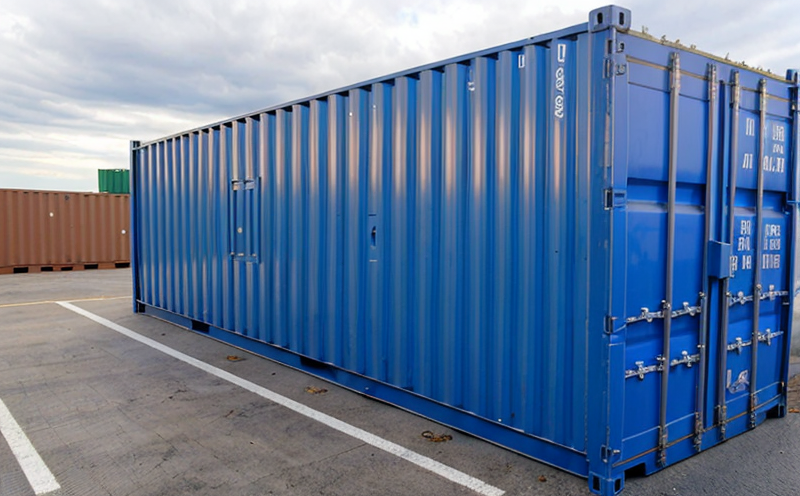ISO 16620-2 Bio-based Content Testing of Plastic Storage Plastics
The ISO 16620 series is a set of standards designed to measure the bio-based content in plastics. Specifically, ISO 16620-2 addresses the determination of the total bio-based carbon content for polymers and composites derived from biomass. This standard provides detailed methodologies and protocols necessary for accurate quantification.
The importance of this testing lies in its role within the broader context of sustainable materials development, particularly in industries reliant on plastics such as packaging, consumer goods, and automotive sectors. As consumers and regulatory bodies increasingly demand eco-friendly products, understanding the bio-based content of storage plastics is crucial for compliance with environmental regulations.
The process involves several steps including sample preparation, extraction, and analysis using advanced analytical techniques like gas chromatography coupled with mass spectrometry (GC-MS). The standard ensures that all materials used in manufacturing are accurately accounted for, which helps manufacturers demonstrate their commitment to sustainability.
For storage plastics specifically, the bio-based content testing is essential because it allows companies to verify whether their products meet specific biodegradability or compostability requirements. This information is vital when claiming compliance with certifications like BPI (Biodegradable Products Institute).
The accuracy and reliability of these tests are paramount given that incorrect assessments could lead to misleading claims about the environmental friendliness of a product, potentially damaging both brand reputation and trust in market offerings.
- Accurate quantification: Ensures precise measurement of bio-based carbon content.
- Detailed protocols: Provides clear instructions for sample preparation and analysis.
- Audience relevance: Tailored for quality managers, compliance officers, R&D engineers, and procurement specialists.
In summary, ISO 16620-2 bio-based content testing of storage plastics plays a critical role in the transition towards more sustainable practices within manufacturing processes. By providing accurate data on the bio-based components used, it supports informed decision-making regarding material selection and product labeling.
Why It Matters
The significance of ISO 16620-2 bio-based content testing in storage plastics cannot be overstated. As environmental concerns grow, so does the demand for products that are environmentally responsible throughout their lifecycle—from production to disposal.
Companies operating within sectors like packaging and consumer goods face increasing pressure from consumers and regulatory bodies alike to reduce their carbon footprint by incorporating more sustainable materials into their product lines. Accurate bio-based content testing ensures compliance with these demands, allowing manufacturers to accurately report the percentage of biodegradable or compostable components in their products.
For storage plastics specifically, this testing is particularly important because it directly influences claims about a product's environmental impact and recyclability. Misleading labels or unverified statements regarding bio-based content can erode consumer trust and lead to legal repercussions. Therefore, rigorous testing not only enhances credibility but also fosters innovation by encouraging the exploration of new sustainable materials.
Moreover, accurate bio-based content data is essential for regulatory compliance. Many regions have implemented legislation aimed at reducing reliance on fossil fuels in plastic production. Compliance with these regulations requires precise measurement and documentation of bio-based content, making ISO 16620-2 testing indispensable.
Eurolab Advantages
At Eurolab, we pride ourselves on delivering reliable and precise ISO 16620-2 bio-based content testing for plastic storage materials. Our team of experts ensures that each test adheres strictly to the specified standards, providing clients with accurate results they can trust.
- Precision: State-of-the-art instrumentation guarantees consistent and repeatable measurements.
- Audience-specific: Tailored reports cater to the specific needs of quality managers, compliance officers, R&D engineers, and procurement specialists.
- Compliance: Ensures that all tests meet or exceed international standards like ISO 16620-2.
We understand the importance of this testing in driving sustainable practices within industries. Our commitment to excellence ensures that our clients receive dependable data, fostering trust and confidence in their sustainability efforts.





